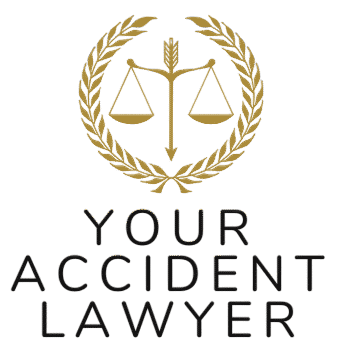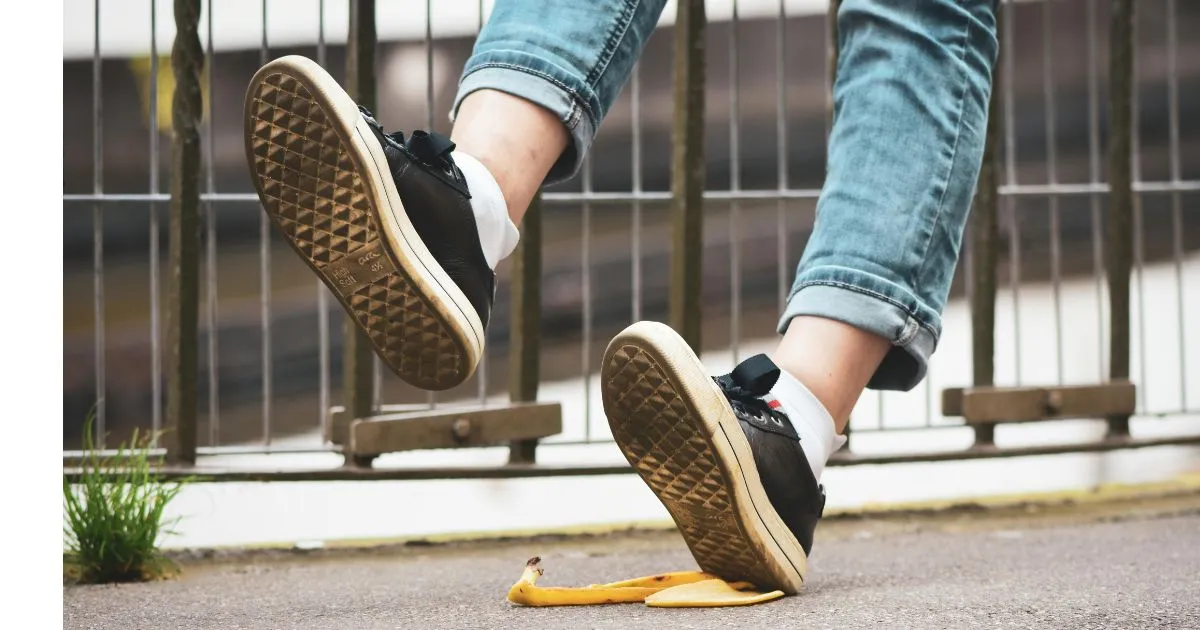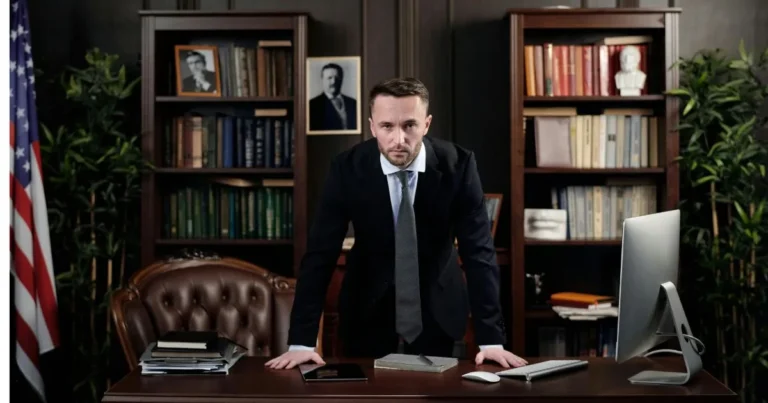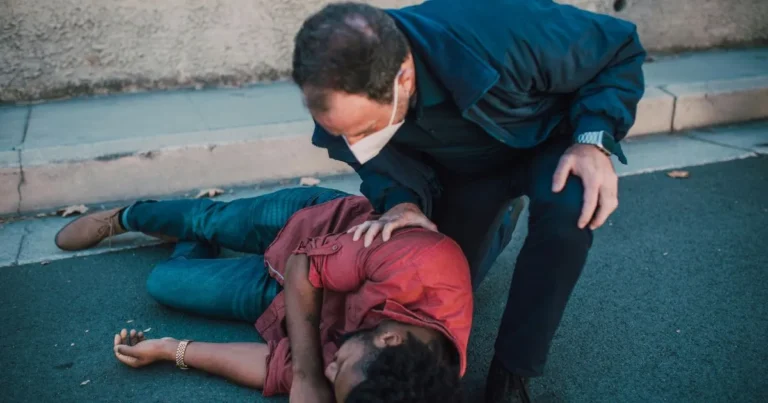9 Proven Ways a Lawyer for Slip and Fall Boosts Your Case
Why Hiring a Lawyer for Slip and Fall Is a Game Changer
Slip and fall accidents might seem minor at first, but they often lead to serious injuries, long recovery periods, and hefty medical bills. If you’re injured on someone else’s property—whether it’s a grocery store, a restaurant, or a private residence—you may be entitled to compensation. However, proving liability and getting a fair payout isn’t easy. That’s where a lawyer for slip and fall becomes essential.
A specialized Lawyer for Slip and Fall understands the legal system, insurance tactics, and liability laws that are critical to winning your case. From evidence gathering to negotiation, your attorney works to protect your rights and secure the compensation you deserve.
This guide explores the 9 proven ways a lawyer for slip and fall boosts your case, helping you navigate legal hurdles with confidence.
Table of Contents
1. Evaluating the Strength of Your Case
One of the first things a lawyer for slip and fall does is assess the overall strength of your case. This involves analyzing several factors:
Key Evaluation Factors Include:
- Where the fall occurred (private property, business premises, government building)
- Who owns or controls the property
- Whether the hazard was known or should have been known
- Your own actions leading up to the fall
Many victims assume they have a strong case just because they fell, but the law requires you to prove negligence. An experienced Lawyer for Slip and Fall examines the facts to determine if the property owner failed to meet their legal duty of care.
Why Legal Evaluation Matters
Without legal insight, it’s easy to underestimate your rights or overestimate the odds of winning. A Lawyer for Slip and Fall provides a reality check based on state premises liability laws and past case outcomes. If your case isn’t viable, a lawyer will let you know upfront, saving you time and frustration.
2. Gathering Critical Evidence Early
Time is critical in slip and fall cases. A lawyer for slip and fall knows that evidence can disappear quickly—cleaning crews may remove the hazard, security footage may be erased, and witnesses may forget details. That’s why acting fast is essential.
Types of Evidence Collected:
- Surveillance videos
- Incident reports
- Medical records
- Witness statements
- Photographs of the accident scene
- Maintenance and cleaning logs
Legal Know-How in Evidence Gathering
Your Lawyer for Slip and Fall knows exactly what evidence is admissible in court and how to obtain it legally. For example, they may file a preservation letter to prevent a business from deleting security footage.
This step also includes documenting your injuries thoroughly. Medical records serve as both proof of injury and a foundation for calculating damages.
3. Identifying All Liable Parties
Liability in a slip and fall case isn’t always clear-cut. More than one party may be responsible, and your attorney’s job is to identify all possible defendants. This can significantly increase your chances of full compensation.
Common Liable Parties May Include:
- Property owners
- Commercial tenants
- Management companies
- Maintenance contractors
- Government entities
Uncovering Hidden Liability
For example, if you slipped on an icy sidewalk outside a shopping center, your Lawyer for Slip and Fall might discover that a third-party maintenance company failed to salt the area. You’d never uncover that on your own. An experienced attorney digs deep to uncover every angle.
4. Handling Communication with Insurance Companies
Dealing with insurance adjusters can be tricky. They may act friendly but their job is to minimize payouts. A lawyer for slip and fall takes over all communication so you don’t accidentally say something that could hurt your case.
How Lawyers Protect You From Insurance Tactics:
- Prevent you from giving recorded statements that could be used against you
- Review any documents before you sign them
- Respond to lowball settlement offers with evidence-based counterarguments
Insurance companies often move fast to settle before a victim speaks with a lawyer. They know that once an attorney is involved, they’ll likely have to pay more. Having legal representation from the start sends a strong message that you won’t settle for less than you deserve.
5. Accurately Valuing Your Damages
Most people don’t know how much their case is worth. A lawyer for slip and fall ensures that all damages—both current and future—are included in your claim.
Damages Typically Include:
- Emergency room bills and ongoing medical treatment
- Lost wages and loss of earning capacity
- Pain and suffering
- Emotional distress
- Long-term disability or disfigurement
- Out-of-pocket expenses (transportation, home modifications, etc.)
Accounting for Long-Term Impact
Slip and fall injuries like spinal cord damage or traumatic brain injury can require a lifetime of care. A lawyer consults with medical experts, economists, and vocational specialists to project future costs—something insurance companies often ignore.
6. Navigating Comparative Negligence Rules
Slip and fall cases often involve comparative negligence, where both you and the property owner may share some blame. For instance, if you were distracted while walking, the defense may argue that your negligence contributed to the fall.
How a Lawyer Helps in These Situations:
- Counters claims that you were at fault
- Presents evidence showing the hazard was unreasonably dangerous
- Minimizes your percentage of liability under state law
Why This Matters
In many states, if you’re found partially responsible, your compensation will be reduced proportionally—or barred altogether if you’re more than 50% at fault. A skilled attorney ensures you don’t lose out due to exaggerated or unfair blame.
7. Managing Legal Procedures and Deadlines
Slip and fall claims involve strict deadlines. Miss one, and your case could be dismissed—even if it’s strong.
Your Lawyer Will Handle:
- Filing the initial claim
- Notifying the defendant and insurance companies
- Managing pre-trial discovery and depositions
- Filing motions and responding to legal documents
- Meeting all court and procedural deadlines
Avoiding Procedural Pitfalls
In personal injury cases, the statute of limitations (the deadline for filing a lawsuit) varies by state. Your Lawyer for Slip and Fall ensures everything is submitted on time and complies with court rules. This protects your right to pursue compensation.
8. Representing You in Court if Necessary
Most slip and fall cases settle out of court, but sometimes litigation is unavoidable. If the insurance company refuses a fair settlement or denies liability, your lawyer for slip and fall will be ready to take your case to trial.
Trial Representation Includes:
- Jury selection
- Opening and closing statements
- Cross-examining witnesses
- Presenting expert testimony
- Making compelling legal arguments
Trial Expertise Can Make or Break Your Case
Courtroom experience matters. A seasoned lawyer understands how to present your case persuasively to a judge or jury, increasing your chances of a favorable verdict.
9. Maximizing Your Settlement or Verdict
At the end of the day, your goal is to receive the highest compensation possible. A lawyer for slip and fall uses every tool at their disposal to make that happen.
They Do This By:
- Building a compelling case with strong evidence
- Accurately valuing all aspects of your claim
- Aggressively negotiating with insurers
- Taking the case to trial if needed
Real Results
Victims represented by attorneys often recover 3 to 4 times more than those who go it alone. Insurance companies know which lawyers are willing to go to trial—and which will settle cheap. Having a fighter on your side gives you leverage.
Conclusion: Your Next Step After a Slip and Fall
Slip and fall accidents can be physically, emotionally, and financially devastating. But you don’t have to go through it alone. Hiring a lawyer for slip and fall gives you a legal advantage, ensuring your case is taken seriously, your rights are protected, and your compensation reflects the true cost of your injuries.
If you or a loved one has suffered a slip and fall injury, don’t delay—speak to an experienced lawyer today and take the first step toward recovery.
Frequently Asked Questions (FAQ)
1. How long do I have to file a claim after a slip and fall?
This varies by state, but the statute of limitations is usually 2 to 3 years. If your fall happened on government property, you may have as little as 6 months to file a notice. Consult a lawyer right away to protect your rights.
2. What if I was partially at fault for the fall?
Under comparative negligence rules, you may still recover compensation even if you share some blame—though your payout could be reduced. A lawyer can help minimize your fault and maximize your recovery.
3. Will my slip and fall case go to trial?
Most cases settle out of court. However, if the insurance company refuses to offer fair compensation, your lawyer may recommend going to trial.
4. Is it worth hiring a lawyer for minor injuries?
Even minor injuries can lead to medical bills, lost work, and lingering pain. A lawyer will help you determine the true value of your case and fight for appropriate compensation—even for less severe injuries.




